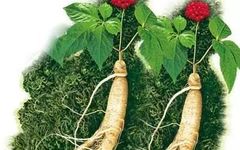Ginseng (Ren Shen) has a history of over 3000 years of application in China. As the “King of Herbs” and the foremost among the “Three Treasures of Traditional Chinese Medicine (TCM)”, the efficacy of ginseng is beyond doubt. Traditional Chinese Medicine considers ginseng to be neutral in nature and slightly sweet with a hint of bitterness. It is associated with the Spleen (Pi), Lung (Fei), Heart (Xin), and Kidney (Shen) meridians. Ginseng is known for its ability to greatly replenish vital energy (Yuan Qi), stabilize the pulse, tonify the Spleen and Lung, generate fluids and nourish the blood, calm the spirit, and enhance intelligence.
However, many friends say, “Don’t talk about the ‘Shennong Bencao Jing’ or ‘Bencao Gangmu’, the aforementioned benefits of replenishing vital energy, stabilizing the pulse, and generating fluids are hard to understand. Let’s get practical and tell us what diseases ginseng can help with and how to consume it effectively?” Next, let’s discuss the efficacy and consumption methods of ginseng.
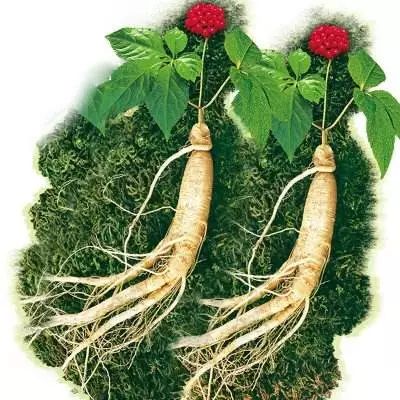
1. Efficacy of Ginseng
1. Ginseng can lower blood lipids and prevent atherosclerosis.
Ginsenosides can promote normal lipid metabolism, reduce cholesterol levels in the blood, and lower blood lipids in hyperlipidemia, improving the cholesterol to phospholipid ratio, liver fat infiltration, and the degree of atherosclerosis.
2. Ginseng can combat myocardial ischemia, arrhythmia, and angina.
Ginseng has a similar effect to cardiac glycosides, enhancing heart contraction, inhibiting left ventricular pressure rise, which is beneficial for combating myocardial ischemia, alleviating damage, and preventing arrhythmias, especially effective for tachycardia. Additionally, ginseng has certain therapeutic effects on myocardial dystrophy, coronary atherosclerosis, and angina, and can reduce damage to cardiac capillaries during severe hypoxia.
3. Ginseng has a blood sugar-lowering effect.
Ginseng contains ginsenosides, which have a significant blood sugar-lowering effect. Ginseng can reduce urinary sugar in mild diabetes patients, improving overall conditions such as thirst and weakness, and some patients may reduce their insulin dosage after taking ginseng.
4. Ginseng can enhance sexual function, showing significant efficacy for impotence and premature ejaculation.
Ginseng can promote the secretion of sex hormones, enhancing the gonadal function in both men and women. It can also increase the number and vitality of sperm in the testes. Studies indicate that ginseng is effective for various types of impotence, including paralysis-type and premature ejaculation.
5. Ginseng stimulates hematopoietic function, fundamentally improving blood replenishment.
Ginseng extracts stimulate and protect the hematopoietic function of the bone marrow, increasing the number of normal and anemic red blood cells and hemoglobin levels, promoting orderly division of bone marrow cells, and fundamentally improving blood replenishment.
6. Ginseng can prevent the deterioration of hepatitis.
Ginsenosides can inhibit the elevation of enzymes (SGOT, SGPT) induced by drugs (D-galactosamine) in acute hepatitis; it also shows a tendency to inhibit proliferation in the connective tissue of the liver and vascular walls induced by drugs (carbon tetrachloride) in chronic hepatitis.
7. Ginseng has anti-radiation effects.
The efficacy of ginseng can restore hematopoietic function suppressed by radiation from Cobalt-60 (a commonly used radioactive element in tumor treatment).
8. Ginseng can inhibit tumors.
Ginsenosides can significantly inhibit early-stage human promyelocytic leukemia HL-60 cell lines and promote the redifferentiation of certain cancer cells back to non-cancerous cells. Its anti-cancer effects are primarily achieved by inhibiting the nucleic acid metabolism, glucose metabolism, and energy metabolism of cancer cells.
9. Ginseng can inhibit gastric ulcers.
Experimental evidence shows that ginsenosides have an inhibitory effect on various experimental gastric ulcers.
10. Ginseng can enhance brain activity and improve memory.
Ginsenosides can enhance memory, learning, and physical imitation abilities, improving memory decline, learning disabilities, and forgetfulness, and alleviating various brain disorders caused by aging.
11. Ginseng can strengthen the immune capacity of the spleen.
Ginseng can promote the phagocytic function of reticuloendothelial cells, increase the concentration of specific antibodies in serum, and promote the division of T and B lymphocytes, enhancing the immune function of the spleen. Additionally, it can promote the induction of interleukin-2, increasing the activity of natural killer cells in the spleen, essentially enhancing resistance.
12. Ginseng has anti-aging effects.
Ginseng can transform non-dividing cells in aging cell populations into dividing cells and shorten the cell division cycle, thus producing anti-aging effects.
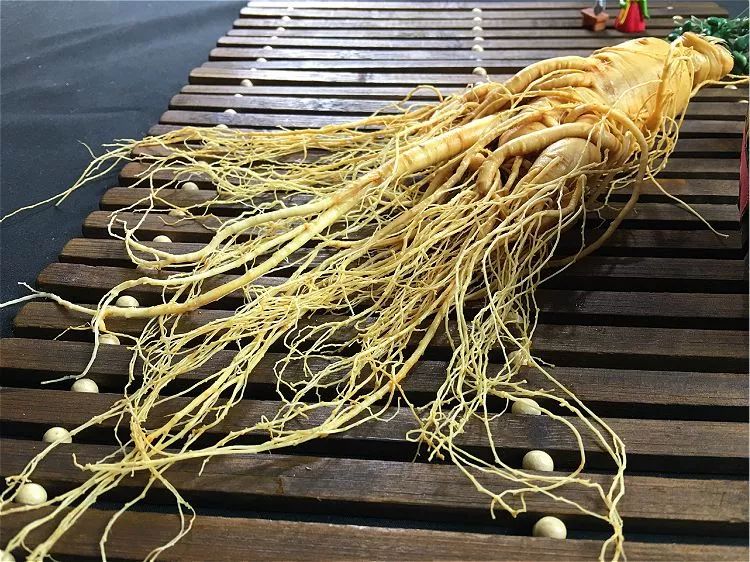
2. Methods of Consuming Ginseng
1. Brewed as tea.
This is the most common method of consuming ginseng. Slice the ginseng and place an appropriate amount in a cup, add boiling water, cover, and after half an hour, it can be consumed as a tea substitute. The ginseng slices can be steeped multiple times until the flavor diminishes, after which they can be eaten. This method is very simple and can be done in any basic setting. It is recommended for the general population to consume it long-term, as it can significantly improve physical constitution.
2. Taken as lozenges.
Slice the ginseng thinly and take one or two slices at a time, holding them in the mouth until the flavor is gone, then chew and swallow. This method is more convenient than brewing tea and can be done under almost any conditions, suitable for those who are physically weak or recovering from serious illness and need to strengthen their health.
3. Ground into powder.
After drying the ginseng, grind it into powder, then take 3 grams with boiling water three times a day. Alternatively, the prepared ginseng powder can be placed in empty capsules, taking two capsules three times a day. This method is suitable for more expensive health products, allowing for better utilization of effective substances without waste.
4. Ginseng juice.
Slice fresh ginseng and place it in a container, soak it in clean water for twenty minutes, then add more clean water just enough to cover the ginseng, cover, and simmer for one hour before consuming the liquid. This method produces a highly concentrated ginseng juice, which is more effective for nourishing the body and shows quicker results, suitable for patients needing urgent replenishment after serious illness. Additionally, ginseng can also be boiled in a pot, which is another good method of consumption.
5. Cooked in congee.
Ginseng can be sliced and cooked together with congee.
Ginseng and Astragalus Congee: for Qi deficiency. Ginseng replenishes vital energy, while Astragalus (Huang Qi) tonifies Qi and stabilizes the exterior, promotes diuresis, and generates flesh. Cooking these two together as congee can replenish Zheng Qi, treat deficiency, and combat aging, effective for Spleen and Stomach deficiency, chronic enteritis, gastritis, diarrhea, and physical weakness.
Ingredients: Astragalus 30 grams, ginseng 10 grams, japonica rice 90 grams, and appropriate amount of sugar.
Method: Wash and slice the Astragalus and ginseng, soak in cold water for half an hour, then boil in a pot to extract the essence. After extracting the juice, add cold water to the ginseng and Astragalus and continue boiling to extract more juice. Combine the prepared medicinal juices, divide into two portions, and use one portion in the morning and one in the evening, cooking with rice and water to make congee. Add sugar to taste before consumption.
6. Cooked in soup.
Whole ginseng can be cut into sections or slices and stewed with other ingredients in a non-metallic container.
Ginseng and Astragalus Pig Trotter Soup: for tonifying Qi and blood.
Ingredients: Ginseng 3 grams, Astragalus 10 grams, one pig trotter, Angelica (Dang Gui) 15 grams, Ophiopogon (Mai Dong) 12 grams, Akebia (Mu Tong) 9 grams, Platycodon (Jie Geng) 6 grams.
Method: Wash all ingredients, wrap in gauze, clean the pig trotter, chop into pieces, and simmer in clear broth for half an hour. Then add the wrapped herbs and continue simmering until the trotters are tender and the soup is rich. Consume the meat and drink the soup.
Efficacy: Tonifies Qi and blood, increases milk production, suitable for postpartum women with insufficient milk.
When consuming ginseng, there are some precautions. Ginseng is not a one-time remedy; it should be taken in small amounts over a long period for lasting effects. When consuming ginseng, pay attention to the dosage; taking more than 200 grams at once may cause inhibitory reactions, so do not seek quick results by consuming dozens of grams daily. It is recommended that the long-term consumption of dried ginseng should not exceed 3 grams per day.

There are three main principles for consuming ginseng:
1. Use small doses. The Emperor had specific guidelines for ginseng consumption, taking a small amount daily without interruption. The two longevity emperors of the Qing Dynasty, Qianlong and Kangxi, were very particular, taking about 5 grams each time. However, we cannot consume ginseng in such a lavish manner; the Emperor’s dosage was gradually increased. The recommended daily health dosage for modern adults is no more than 3 grams.
2. Long-term use is essential, supplementing through all seasons for continuous regulation, achieving a cumulative effect.
3. It is best taken on an empty stomach in the morning. Consuming ginseng on an empty stomach in the morning yields better results. Ginseng has a bidirectional regulatory effect, making one more energetic and vigorous during the day.
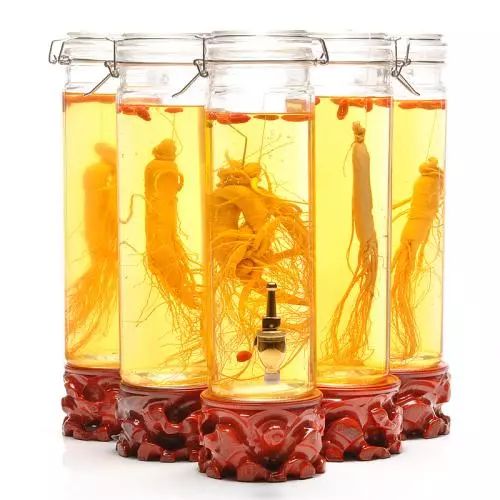
China is a major producer of ginseng, with the largest cultivation area and highest yield in the world. Over 3000 years of development have led to numerous processed products, including fresh ginseng, sun-dried ginseng, red ginseng, and white sugar ginseng. Different processing methods result in varying medicinal properties; for example, red ginseng has warmer properties and is particularly effective for replenishing vital energy, reviving Yang, and tonifying Qi and blood, which will be detailed in future discussions.
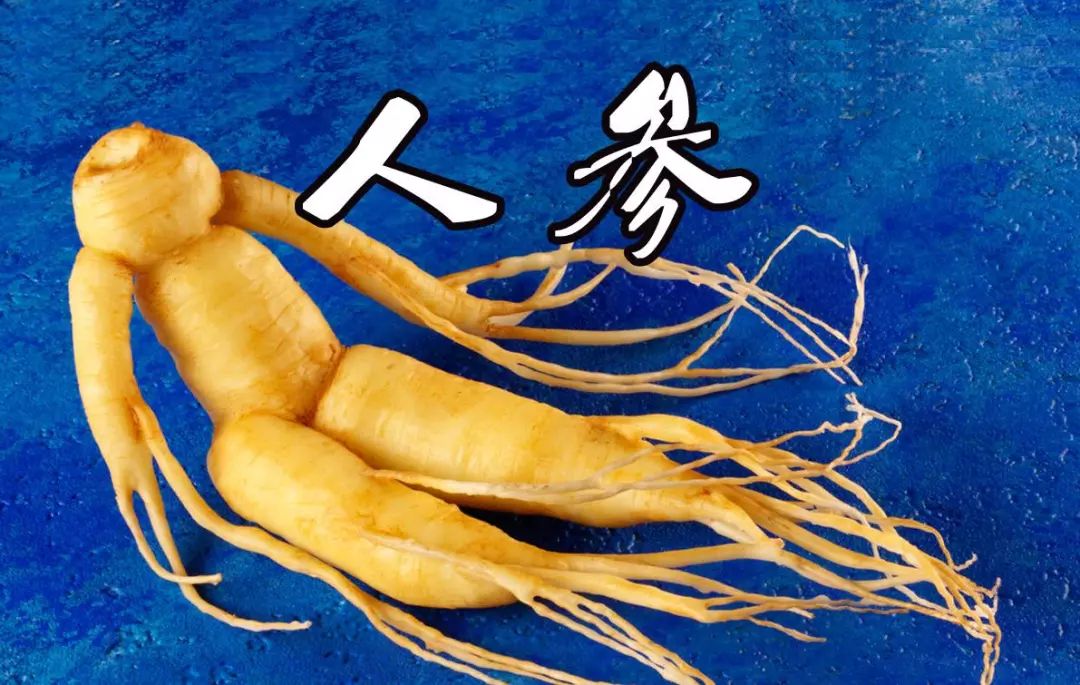
Ginseng is a treasure, and its secrets have yet to be fully uncovered. Ancient people regarded ginseng as a superior remedy. In the “Qianjin Fang” by Sun Simiao from the Tang Dynasty, “Jingyue Quanshu” by Zhang Jiebin from the Ming Dynasty, and “Bencao Xinbian” by Chen Shifeng from the Qing Dynasty, there are records of the “Dushan Decoction”, suitable for severe bleeding, traumatic shock, and heart failure in critically ill patients. Large doses of ginseng decoction can be used for emergency treatment of cardiogenic shock or other critically ill patients.
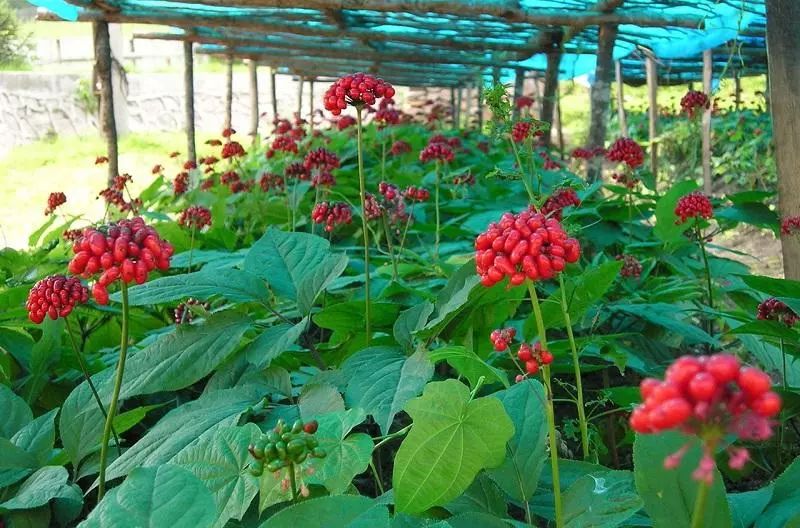
Today, ginseng has become a common health food, widely available to the general public. However, many people may only know the name of ginseng but not its uses. I hope the information about the efficacy and consumption methods of ginseng is helpful to you. It is essential to use ginseng correctly and reasonably to maximize its benefits.
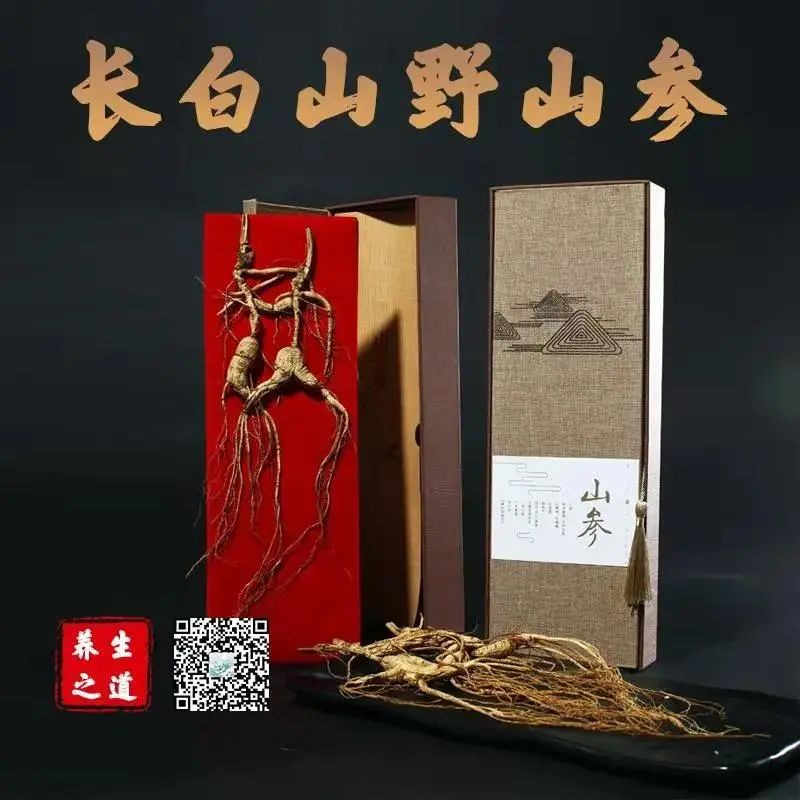

Keep your hands busy~ Follow us
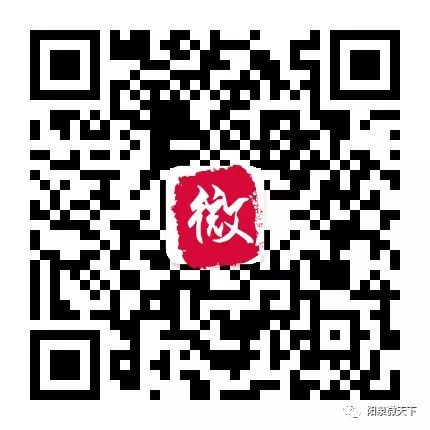

Every journey begins with a desire to be with you, whether you are willing or not~

